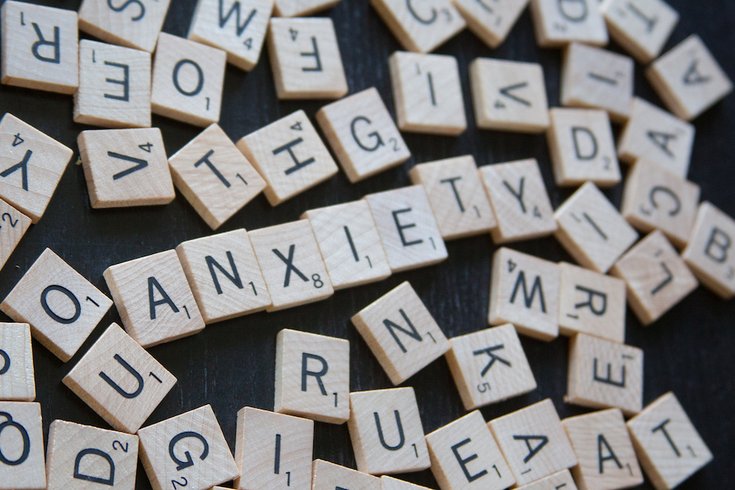
September 04, 2019
 www.amenclinics.com/via Flickr (CC BY-SA 2.0)
www.amenclinics.com/via Flickr (CC BY-SA 2.0)
Anxiety can make a jumble of your social life.
Are you more comfortable curling up with a book on a Saturday night then going out with friends? Do you get nervous when meeting someone new or when you have to make a presentation at work?
We all experience moments of social anxiety from time to time or in specific situations. If your anxiety is affecting your everyday life though, you may be suffering from social anxiety disorder. According to Penn Medicine, social anxiety disorder “describes a marked, intense, and persistent fear of social situations that can be differentiated from the more typical fear that comes with discomforting situations.”
People suffering from social anxiety disorder grow extremely anxious in everyday social situations causing them to avoid them as much as possible. It impacts not only your social life, but work and daily activities, too. Social anxiety can also impact your sleep and ability to focus throughout the day. Common symptoms include sweating, palpitations, panic attacks, and fear that everyone is looking at and judging you and that your anxiety is visible. What you are feeling is generally not proportionate to the situation.
If social anxiety is controlling your life, it is time to do something about it. Here are 6 tips for coping with social anxiety (sources: Psychology Today, Anxiety Canada and Social Anxiety Association):
• Think logically about your anxiety. We all have that internal monologue going on inside our head feeding us negative thoughts. You need to remind yourself that these thoughts are just that, thoughts and they can be changed. Instead of accepting your worry that you will crash and burn during a presentation as fact, be realistic about possible outcomes.
• Keep a journal to better understand what situations trigger your anxiety and what you are thinking and feeling at the time.
• When you can feel the fear and stress building up inside, use deep breathing exercises and stress management techniques to help center you.
• During uncomfortable social situations, focus on the task at hand and not on criticizing everything you do or say.
• Allow yourself to experience the discomfort instead of avoiding it. Learning how to work through your feelings will make the next situation a lot easier to handle.
• Accept that you can’t control everything in life. It is how you respond to negative situations that matters most.
The most important thing to remember is that social anxiety is natural and nothing to be embarrassed about. Individual cognitive behavioral therapy, psychotherapy and medication also can help manage your anxiety better. Talk to your primary doctor about treatment resources available to you.